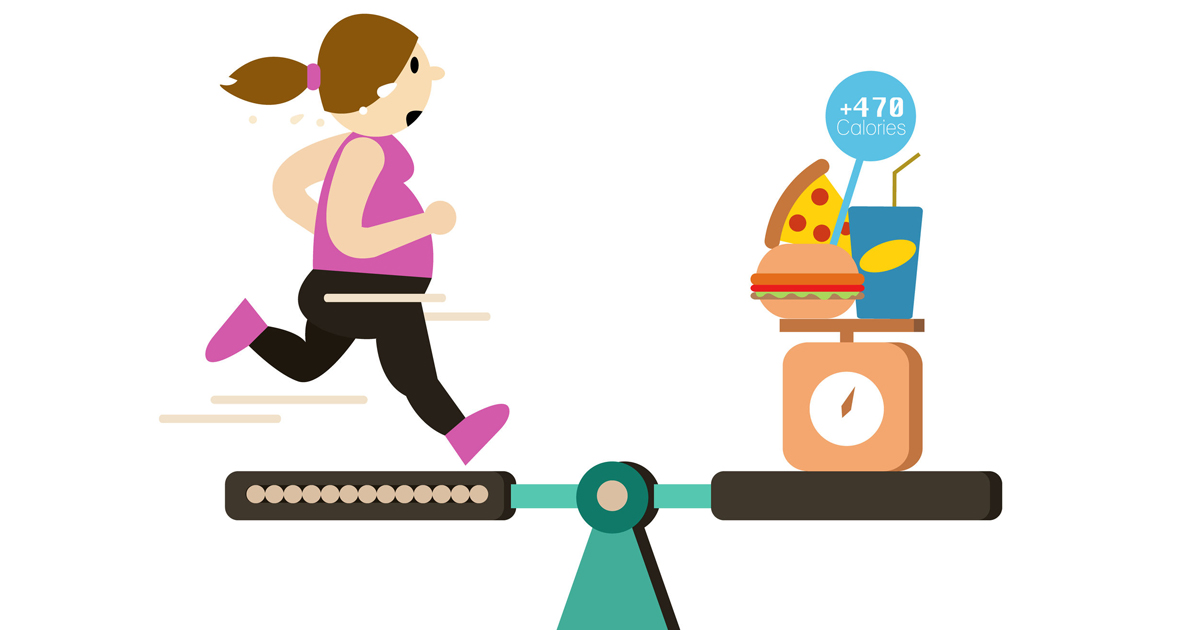You might have noticed a trend of people listening to music at the gym as they run, cycle, or bench or seen professional athletes on television listening to music before a competition, but does music greatly affect physical activity? A study conducted by Costas Karageorghis and David-Lee Priest of Brunel University shows that music can in fact improve your physical and mental performance in several ways. Here’s how it works:
- Distraction: Music can decrease your perception of effort in moderately intense exercise by distracting you from your body’s physical exertion (until over 80% of the maximum heart rate is being used). Music can also distract you from any negative emotions you experience as you do these exercises.
- Synchronization: Exercising with a beat that matches your heart rate closely can increase output, particularly in college-age individuals, and improve your endurance. Speeding the music tempo has been observed to increase the amount of physical effort you put into the activity as well.
- Stimulation: An exercise-music combo stimulates the frontal lobe of your brain, which is the part responsible for abstract thought like decision-making and expression. Another study conducted by Charles Emery from Ohio State University’s Department of Psychology in 2004 focuses on this benefit.
After testing 33 men and women, Emery’s research showed that individuals will perform better on a verbal fluency test after exercising with music than without it. This means that a combination of music and exercise can improve your mental performance as well. Whether this effect is long-term or not remains unclear, and even though this research was conducted on patients in a cardiac rehabilitation program, there is no reason to believe it would have a different effect on individuals outside of this particular study group.
So, music does affect physical performance and brain function, but how do we decide which music to listen to as we exercise? Sports psychologists have a few suggestions:
- Try a song whose rhythm matches your target heart rate, which changes with the activity intensity.
- Find songs/artists that have positive associations in your mind: this might depend more on the lyrics.
- Don’t worry about the genre of the music; pick something that gets you up and running!
Now that you know how to get more out of your exercise, you have no reason to skip those recommended daily 30 minutes. So, put on your Eminem—or whatever else floats your boat—get your running shoes on, and hit the workout room! It turns out those iPods aren’t just a trend after all.
Citations
- A Little Music With Exercise Boosts Brain Power, Study Suggests from OSU News Research Archive by the Ohio State University <http://researchnews.osu.edu/archive/hartsong.htm>
- Music in Sport and Exercise: An Update on Research and Application from the Sports Journal by the United States Sports Academy <http://www.thesportjournal.org/article/music-sport-and-exercise-update-research-and-application>
- Why music makes exercise easier from Fitness by NBCNews.com <http://www.nbcnews.com/id/33418663/ns/health-fitness/>
Article by Amy Mostafa
Feature Image Source: Muscle & Fitness
























